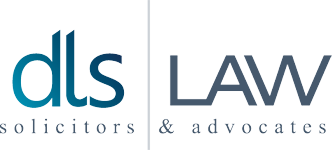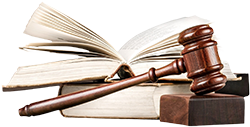The term ‘bankruptcy’ is surrounded by countless negative connotations, but in reality, it’s a largely positive system designed to help individuals and businesses in serious financial trouble. When you declare bankruptcy, you’re legally acknowledging you can’t repay the debts you owe. It’s a serious step with significant consequences. So, if you’re wondering: ‘What is bankruptcy?’ keep reading as our experienced team of bankruptcy solicitors answer your questions and shed light on the details that matter most.
What Is Bankruptcy: A Comprehensive Guide
Bankruptcy cases that involve celebrities or high-net-worth individuals often get a lot of media attention because they involve significant amounts of money and reveal the true state of someone’s finances. However, bankruptcy is far more common than you might think, with over 7500 cases in the UK last year. This article will help you understand where you stand if you find yourself in debt that you’re unable to pay off.
- What Does Bankruptcy Entail?
- What Is Undischarged Bankruptcy?
- How Long Do I Have To Declare Bankruptcy?
- How Long Does Bankruptcy Last?
- How Long Does Bankruptcy Stay On Your Credit Report?
- Does Bankruptcy Clear All Debt?
- Who Pays For Bankruptcies?
- What Are The Alternatives To Bankruptcy?
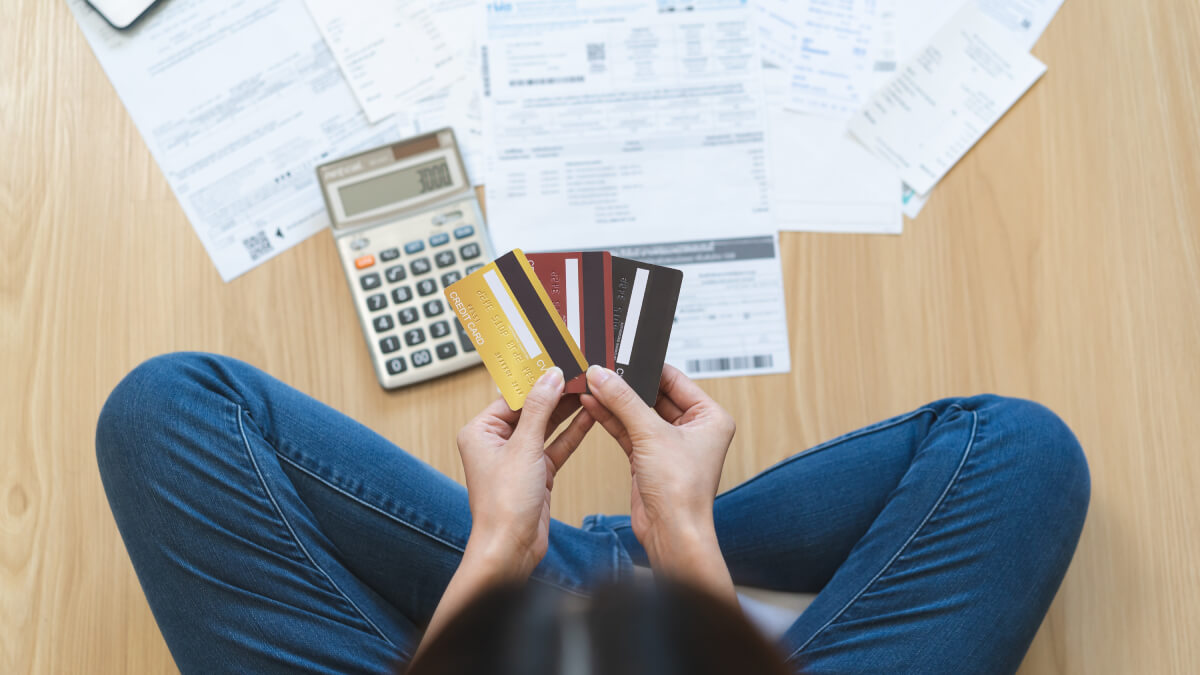
What Does Bankruptcy Entail?
At its core, bankruptcy is a way for people or companies to deal with debts they simply can’t pay. Declaring bankruptcy means you’re legally acknowledging that you can’t meet your financial obligations. Here’s what happens:
- Trustee Appointment: Once you’re declared bankrupt, a trustee is appointed to manage your assets. This could be the Official Receiver or an Insolvency Practitioner.
- Asset Assessment: Your assets (like property, vehicles, and valuables) may be sold to repay your creditors. Don’t worry; you’re usually allowed to keep basic necessities.
- Debt Discharge: After the bankruptcy period (normally 12 months), most of your unsecured debts are written off, giving you a fresh start.
It’s important to remember that bankruptcy isn’t a decision to take lightly. It can have long-lasting effects on your credit score and future financial opportunities.

What Is Undischarged Bankruptcy?
An undischarged bankruptcy is when you’re still in the bankruptcy process. During this time, the following measures are in place:
- Financial Restrictions: You’re subject to certain limitations. For instance, you can’t borrow more than £500 without informing the lender of your bankruptcy status.
- Business Limitations: You’re not allowed to act as a company director without the court’s permission.
- Asset Control: Your trustee controls your assets and may sell them to pay off debts.
Being undischarged means you’re still working through the bankruptcy conditions. Once discharged, some restrictions lift, but the effects on your credit can linger.

How Long Do I Have To Declare Bankruptcy?
There’s no set timeline or legal precedent that dictates when you must declare bankruptcy. However, if you’ve been struggling to pay your debts for a sustained period of time and other solutions haven’t worked, it might be time to consider it. Early action is the best way to prevent your increased debts due to interest and other fees.
If you owe more than £5,000 to a single creditor, they can petition to make you bankrupt without you even declaring it yourself. It’s sometimes better to act before they do, but you should always seek legal advice from our insolvency solicitors to help you make the right decision. Bankruptcy is just one of several debt solutions available, and our team can help walk you through your options.

How Long Does Bankruptcy Last?
In the UK, the standard bankruptcy duration is 12 months. During this period, you’ll be an undischarged bankrupt, facing the restrictions we’ve discussed above. Here’s a breakdown:
- Initial Year: You’re under bankruptcy restrictions, and your trustee manages your assets.
- Discharge: After 12 months, you’re automatically discharged unless there’s misconduct.
- Income Payments: You might be required to make payments from your income for up to three years if you can afford it.
It’s crucial to comply with all the requirements during your bankruptcy to ensure a smooth discharge.
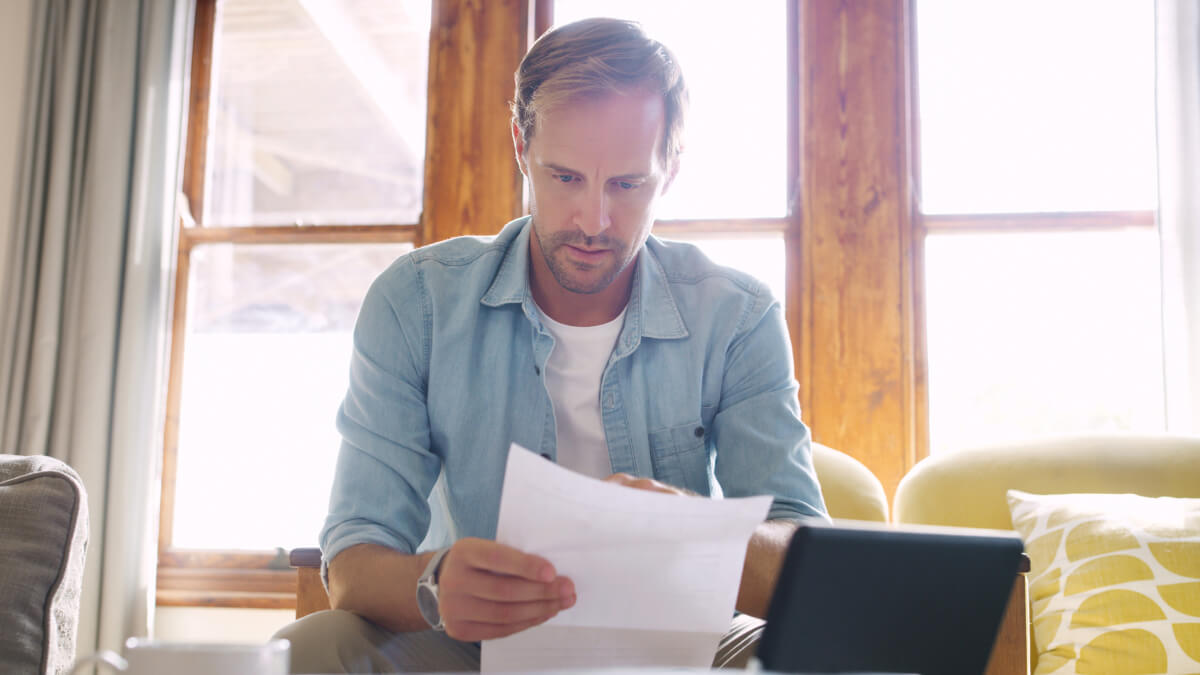
How Long Does Bankruptcy Stay On Your Credit Report?
One of the main issues with bankruptcy is its impact on your creditworthiness. Bankruptcy will remain on your credit file for six years from the date it starts. This makes applying for credit significantly more difficult, as lenders will be less likely to approve your request. After the discharge period, you can start rebuilding your credit score, but this takes plenty of time and diligent financial management. We always recommend keeping a close eye on your credit report before, during, and especially after bankruptcy proceedings to make sure your credit rating is the best it can possibly be.

Does Bankruptcy Clear All Debt?
While bankruptcy can provide a large amount of relief from unmanageable debts, it doesn’t clear everything you owe. Debts that are typically cleared include:
- Unsecured Debts: These are the most common debts that bankruptcy can eliminate. They include credit cards, personal loans, and overdrafts.
- Utility Bills: Unpaid gas, electricity, water, and phone bills up to the date of bankruptcy are included. Outstanding council tax debts are also discharged.
- Tax And VAT Debts: Outstanding income tax, National Insurance contributions, and VAT debts up to the date of bankruptcy are generally discharged.
Some debts won’t be cleared for a variety of reasons. For example, debts arising from fraudulent activity, debts that are tied to assets, and debts that have been imposed for public policy reasons (like court fines and child maintenance) will not be cleared. These are a few of the most common debts not cleared by bankruptcy:
- Secured Debts: This includes mortgages and car finance. While bankruptcy can eliminate your personal liability for mortgage debt, the lender maintains the right to repossess and sell the property.
- Student Loans: In the UK, student loans provided by the Student Loans Company are excluded from bankruptcy and remain payable.
- Debts Incurred Through Fraud: If a debt was obtained through deceit or dishonest means, it will not be discharged.
It’s also worth considering how joint debts will be impacted by bankruptcy. If you have debts jointly with someone else, bankruptcy only covers your liability. The other person remains fully responsible for the entire debt, and creditors may pursue them for repayment. That’s why it’s always best to communicate openly with those you’re in joint debt with before declaring bankruptcy.
For details on whether your debts will be cleared by declaring bankruptcy, get in touch with our bankruptcy solicitors at DLS Law.

Who Pays For Bankruptcies?
The government pays for most bankruptcies through the Insolvency Service, which is funded by taxpayers. The money from the sale of your assets will cover some of what is owed.
It’s also worth noting that declaring bankruptcy isn’t free. You’ll need to pay an application fee of £680 in England and Wales, along with a bankruptcy deposit of £550. Payment can be made online and sometimes in instalments, making it more manageable. The fees cover the administration of your bankruptcy case. If you’re struggling to afford the fee, organisations like debt charities may offer assistance or guidance.

What Are The Alternatives To Bankruptcy?
Bankruptcy is a very serious decision and should be seen as a last resort in most cases. Fortunately, there are many other debt solutions available in the UK, and it’s worth exploring these before committing to declaring bankruptcy. Here are a few of your options:
Debt Relief Order (DRO)
A DRO is designed for those with low income, minimal assets, and relatively small debts. It lasts for 12 months, and during this time, creditors cannot take any action against you. After 12 months, your qualifying debts are cleared, provided your financial situation hasn’t improved. A DRO application costs £90, and to qualify, you must:
- Owe less than £30,000.
- Have assets valued at less than £2,000.
- Have less than £75 per month in disposable income after essential living expenses.
- Live in England, Wales, Or Northern Ireland (different criteria apply in Scotland).
Individual Voluntary Arrangement (IVA)
An Individual Voluntary Arrangement (IVA) is a formal agreement between you and your creditors to pay back your debts over a set period, usually five years. IVAs are more flexible than bankruptcy and can protect your assets. Here’s a closer look:
- Repayment Plan: You make affordable monthly payments based on your income and expenses.
- Protection From Creditors: Once an IVA is approved, creditors are legally bound by the terms and cannot pursue further action.
- Asset Retention: Unlike bankruptcy, you can typically keep your home and other significant assets.
IVAs are most suitable for those with debts exceeding £10,000, but there’s no strict upper limit. It’s important to have a regular income, as you’ll need to make consistent payments. An IVA remains on your credit file for six years from the start date.
Debt Management Plan (DMP)
A DMP is an informal agreement between you and your creditors to pay off your debts over time. They’re flexible and can be tailored to suit your financial situation. Often, debt management companies or charities negotiate with your creditors to agree on reduced monthly payments. Creditors may agree to freeze interest and charges, making it easier to repay debt. DMPs are suitable for most types of unsecured debt, like credit cards, loans, and overdrafts. However, you will need some disposable income to keep up with the payments.
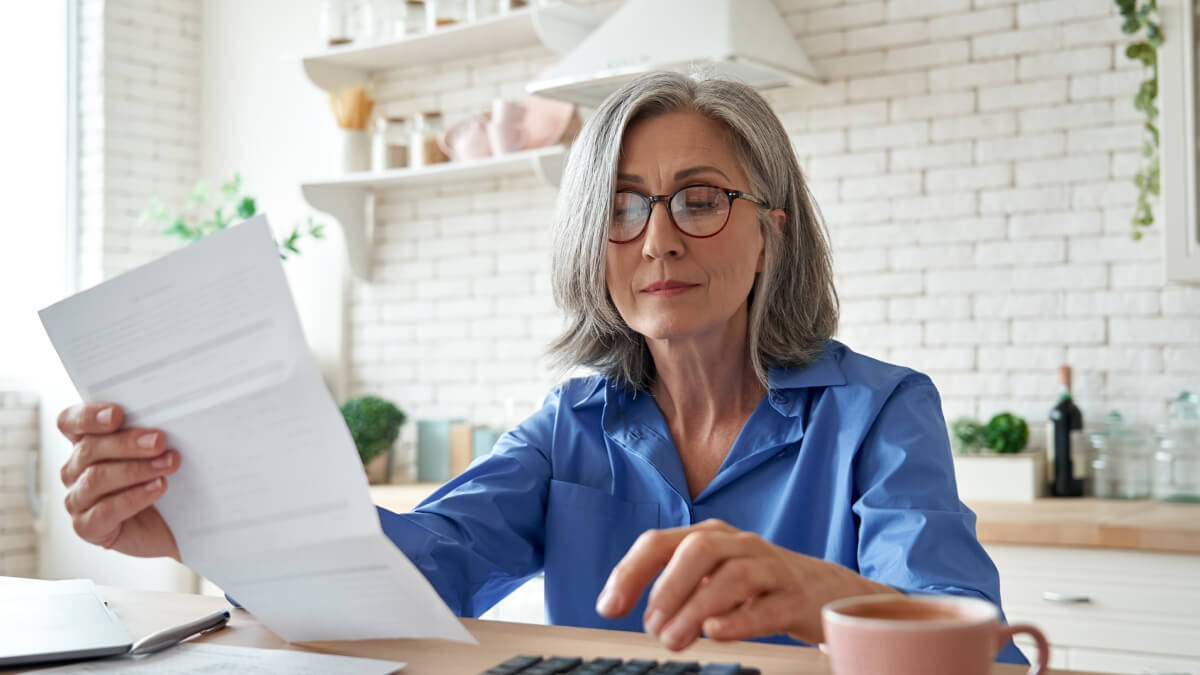
Understanding Bankruptcy With DLS Law
There’s plenty to consider when it comes to bankruptcy, so expert legal advice is always recommended. With the support of our insolvency solicitors at DLS Law, you can face bankruptcy with confidence. If you or someone you know is considering bankruptcy, don’t go it alone. Get in touch with the DLS Law team today.
